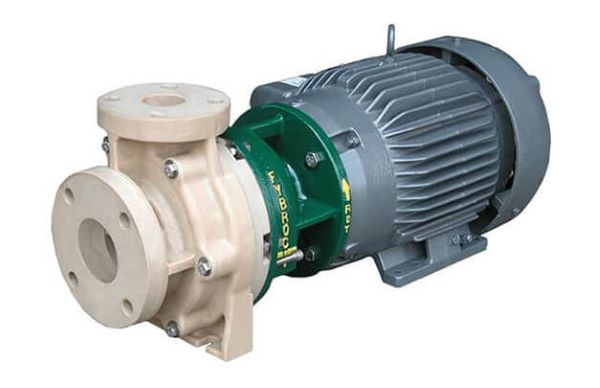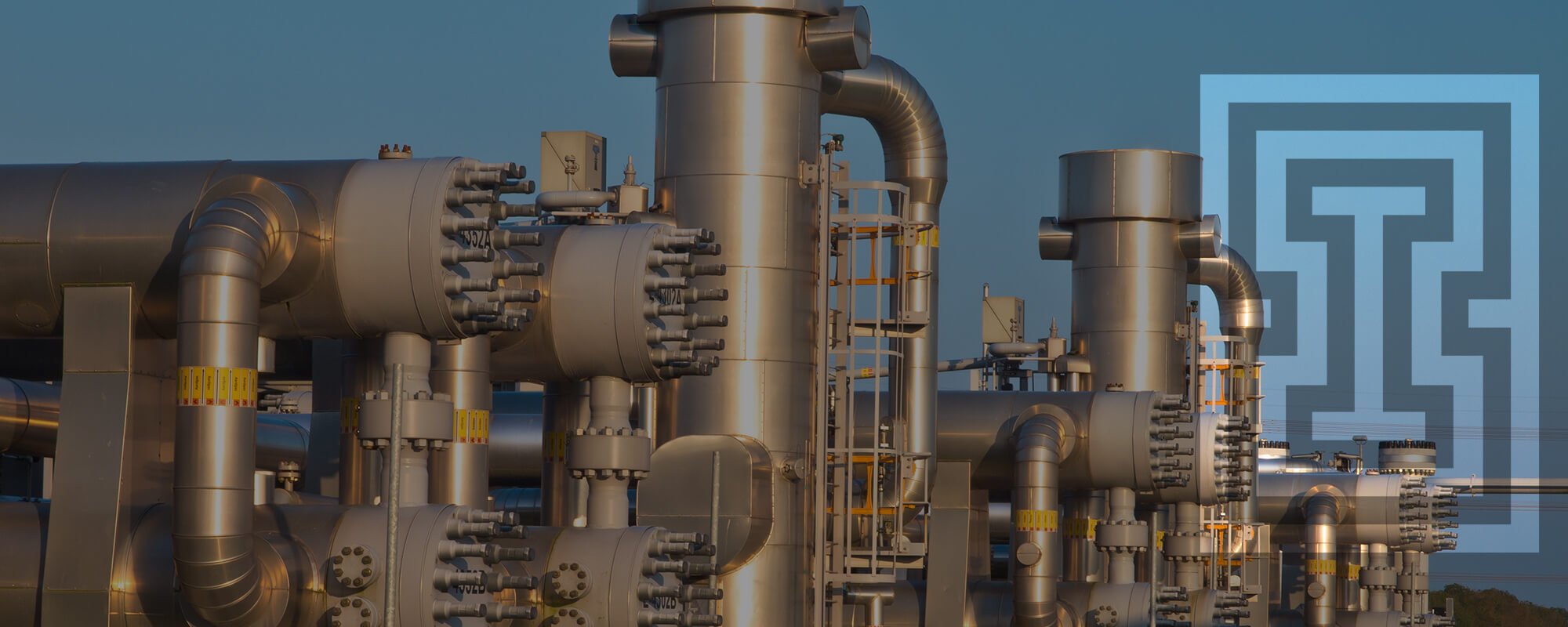 A recent article projects the oil & gas industry will need to invest up to $500 billion annually in new infrastructure and equipment in order to optimize production in ways that will keep pace with consumer demand. One of the ways which oil & gas producers can achieve more effective production processes particularly in the downstream phase of manufacturing is specifying pumps that create a more efficient process of treating their produced water to be reused in other applications.
A recent article projects the oil & gas industry will need to invest up to $500 billion annually in new infrastructure and equipment in order to optimize production in ways that will keep pace with consumer demand. One of the ways which oil & gas producers can achieve more effective production processes particularly in the downstream phase of manufacturing is specifying pumps that create a more efficient process of treating their produced water to be reused in other applications.
Because the fluids that are part of downstream processing contain a variety of hazardous materials, plant operators need heavy-duty, reliable pumps that can handle the caustic or corrosive agents in produced water. Oil & gas producers that understand the need for the efficient transfer of potentially hazardous fluids as a byproduct of the manufacturing process stand to increase their overall efficiency and create a more sustainable approach to production.
Fiberglass reinforced polymer (FRP) pumps can help oil & gas operators optimize downstream production via their durability, configuration flexibility, and simplified design and engineering. Here, we’ll look at why FRP pumps are ideal for this kind of application, and how it can help producers take a more sustainable approach that enhances their production efficiency.
FRP pumps provide the durability necessary for the transfer of corrosive or hazardous fluids
A large component of downstream oil & gas production in treating produced water for reuse is handling and processing a variety of corrosive and potentially harmful chemicals such as hydrogen sulfide, hydrocarbons, oils, phenols, and chlorides. This is where FRP pumps and their elevated strength and reliability are key in transferring these fluids safely and continuously, which is extremely important given the 24/7, 365 nature of oil & gas production.
Part of what makes FRP pumps so valuable in this application is their use of high quality and high purity vinyl ester resins that help ensure corrosion resistance and operational compliance. What’s more, the use of thermoset resins in the engineering of FRP pumps makes them better equipped to transfer high temperature liquids, which are a common byproduct of oil & gas manufacturing.
Pumps that are not designed for use with corrosive or environmentally harmful materials are not only more susceptible to failure or breakdown, but they can also result in spillage or exposure to the environment, which undercuts the effort to safely dispose of or treat and reuse produced water once it’s been treated.
FRP pumps offer configuration flexibility to make produced water treatment and recycling more achievable
A recent survey of Texas-based oil & gas producers found that just 30% of their wastewater was being reused as opposed to being underground injected or placed in storage ponds. There are several reasons that less than one-third of produced water is being reused in one of the largest oil & gas producing states in the U.S., but one of them is the pumps plant operators have in use in the downstream phase of production lack the configuration flexibility necessary for unique or harsh deployments.
With vertical and horizontal configurations, FRP pumps offer the flexibility and versatility for downstream use regardless of deployment challenges. For example, Fybroc’s external impeller adjustment allows operators to set the impeller-to-casing operating clearance in the field based on need. Plus, the pump’s thrust bearings are easily replaceable and integrated with flexible couplings to make in-the-moment adjustments quick and easy.
From a ROI perspective, the durability of FRP pumps reduce maintenance intervals and maximize uptime throughout the service life of the pump, which can remove cost-related barriers to entry for reusing or repurposing produced water.
FRP pumps help streamline integration and simplify troubleshooting
In the oil & gas space, time is money, and plant operators need pump solutions that are easy to troubleshoot and provide out-of-the-box deployment capabilities. This is particularly true in the downstream phase where time is of the essence to treat and dispose of produced water, or transfer it to the appropriate facility to begin the recycling process.
The simplified design of FRP pumps, interchangeable component parts, and quick and easy in-field troubleshooting makes them extremely valuable to downstream plant operators in accelerating the water treatment and transfer sequence.
For example, Fybroc’s FRP pumps utilize replaceable lower pump sleeve bearings that are easily secured by a key and a snap ring. Plus, axially-split bearings use a grooved design for even, easy lubrication and are easily replaced without disassembling the rest of the pump.
IPEC is a long-time, trusted distributor for Sundyne and Fybroc pumps, and our technicians and maintenance specialists have decades of combined experience in helping downstream oil & gas operators install, audit, and service their production infrastructure. Plus, our newly-expanded warehouse allows us to deliver the pumps you need quickly to reduce lead time and maximize your productivity — both of which are key in helping oil & gas manufacturers optimize their production and unlock a more efficient, sustainable approach to produced water management.
Contact us to learn more about our solutions for upstream, midstream, and downstream oil & gas production.

